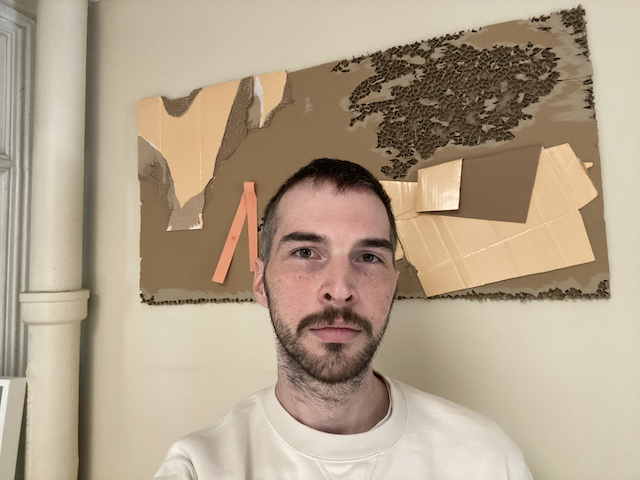Steven Foley

I am a visiting assistant professor at the University of Georgia Athens specializing in morphosyntax, psycholinguistics, and fieldwork. My theoretical interests lie in linking hypotheses that connect formal grammatical representations to algorithms of real-time language comprehension. With expertise in Georgian (Kartvelian) and experience with Zapotec (Oto–Manguean), I advocate especially for multi-methodological work on understudied languages. Major empirical themes of my work are incremental ambiguity resolution, and morphosyntactic variation; specific topics have included the processing of grammatical roles, split ergativity, agreement, relative clauses, singular they, cataphora, animacy, and clitic pronoun movement. Descriptions of some recent and ongoing projects follow.
Processing verb–argument dependencies: Key to understanding a sentence is parsing relations between verbs, subjects, and objects. Just how comprehenders do this in real time, vis-à-vis their language’s specific morphosyntactic facts, sheds light on the grammar of argumenthood and the perception of events. In a manuscript currently under review (Foley 2025), I report a set of reading-time experiments on Georgian designed to disentangle specific theories of verb–argument processing. Georgian is an important testing ground, because its complex grammar conspires to make many subject- and objecthood relations incrementally ambiguous. An important finding is that agent-initial clauses (often hypothesized to have a universal processing advantage) are not uniformly the easiest; the agent-first preference in Georgian is crucially contingent on a constellation of grammatical factors that can only be isolated in a language like this. Related to my previous work on Georgian (Foley 2020, ch. 2; Foley and Wagers 2024) and Zapotec (Sasaki et al. 2024), this project demonstrates the importance of crosslinguistic variation to psycholinguistic theory.
Morphological variation and reanalysis: Agreement dependencies are crosslinguistically ubiquitous, diverse, and often remarkably complex. A remarkable case study into variation and innovation in agreement morphology is on display in Georgian placeholder verbs — the topic of manuscript recently accepted with minor revisions (Foley and Amiridze 2024). The placeholder verb construction has emerged recently from the reanalysis of a phrase (literally “do that”) into a single word (roughly “thatdo”); certain prefixes in this construction vary in position and form, quite unlike any other verb in Georgian. My coauthor and I propose a few possible theoretical analyses of placeholder verbs, each offering different empirical coverage of the morphological variation. Results of an acceptability study support our hypothesis that multiple grammars of this innovative construction coexist across Georgian speakers, their relative proportion shedding light on what types of morphosyntactic reanalysis are more likely. This project builds on my previous work on Georgian agreement (Foley 2017, Foley 2021), and resonates with some research into syntactic microvariation across Zapotec (Foley and Toosarvandani 2022).
Socio-psycholinguistics of singular they: A frontier in sentence processing is how comprehension strategies vary across individuals, and in relation to language change. A collaboration of mine into this issue investigates the processing of pronominal dependencies across English speakers from different social groups. Key is the ongoing emergence of singular they; sociolinguistic work has found that the most innovative uses of this pronoun are rated as most acceptable by younger speakers and trans/nonbinary speakers. A recently published paper paper (Foley and Ahn 2024) reports reading-time evidence that comprehenders from those social groups are also most likely to predict that they will have a singular referent, when it appears in temporarily ambiguous cataphoric contexts. A follow-up study (presented at HSP 2024) also found coherent clusters of they-comprehension behavior, but, intriguingly, the correlations to sociolinguistic variables are less clear. Thus, I see clear opportunity for future empirical and theoretical work at the intersection of sociolinguistics and sentence processing.
Miscellaneous: Check out my art — collage, drawing, calligraphy, baroque recorder — on Instagram.
Contact me at: srfoley at uga dot edu